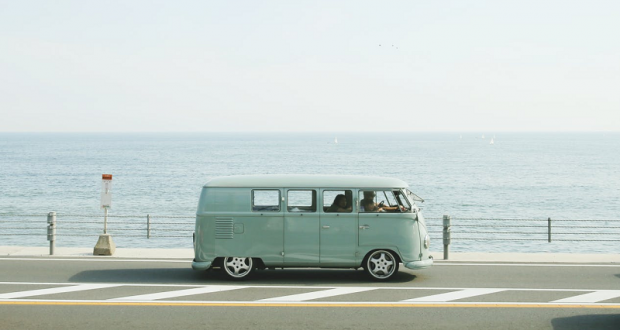When travelling, safety is an extremely important consideration to take. Travel naturally involves exposure to unfamiliar situations. Unfamiliar situations often pose risks. These risks do not outweigh travel rewards, but it is important to prepare for them just in case. When you are more prepared, you can travel more confidently and comfortably.
For on-road trips, there are a variety of types of safety to keep in mind. Personal safety is important. This means preventing and addressing illness, injury, hunger, and thirst. Vehicular safety is important as well. This means preventing and addressing vehicle issues. Emergency safety is a third important safety consideration for road trippers to take. It may seem overwhelming, but emergencies do happen. In the event of an emergency, it is important to remain calm. When you have safety solutions tools on your hands and a solid plan in mind, you can react better to difficult situations. Fortunately, emergencies are uncommon, and safety preparedness is often just a precautionary measure. By following these seven tips, you are fully prepared with all of the safety measures that you might need during your next road trip.
- Pack copies of all of your important paperwork. This way, you can quickly access all needed paperwork in the event of a major or minor emergency. While getting these items together, you will also have a good opportunity to review them. If your insurance paperwork looks out of date, it may be time for a new car insurance quote. This is especially true when your upcoming trip is a road trip, but it is best in every case to cover your bases before departing.
- Pack water and lots of nutrient-rich snacks. Water and snacks will help you to stay safe and healthy during long drives. In an emergency, these will also be two of your most important items. If you need to wait on a tow truck, a jump, emergency services, or a friend, it is vital to stay hydrated and fed. This is especially important when travelling with children. When travelling along extended stretches of road, you may pass through desolate areas without enough food and water options. This is why preparation is essential.
- Pack a first aid kit and various emergency preparedness items. An air mattress, emergency blankets, extra warm clothing, bandages, medications, a tent, and a portable battery are examples of few items that you may want to keep stowed in your trunk in case of any emergencies. Full first aid kits and other emergency preparedness items are available online or at several different major retail stores.
- Pack a spare tire, a tire jack, jumper cables, and flares if they are not already in your car. These items are generally important for drivers to have on hand, but they are especially important to keep on hand during road trips. Road trips can put you and your vehicle into unfamiliar situations. It is better to be safe than sorry. If you have vehicle trouble on the road, you will be glad to have these tools and potential solutions.
- Pack self-defence solutions. Depending on your comfort level and the local regulations in your visit locations, you may want to bring a knife, a gun, some pepper spray, or a whistle with you on your road trip. Be sure that you have easy access to your self-defence solutions, and make sure that you are extremely comfortable using them in an emergency. If children accompany you on your road trip, make sure to keep anything dangerous away from where they could gain access.
- Pack enough money and extra hidden cash. It is important to pack cards and cash placed in multiple locations around your luggage, your person, and your vehicle. Hidden stashes of cash are essential for emergencies where you may need to make a purchase. Do not be tempted to spend your emergency money at gift shops or road sign stands. When taking a road trip out of the country, make sure to always have the correct form of cash currency on hand. You can tape envelopes of cash inside your glove box or trunk for easy access. Make sure that no one untrustworthy knows about these specific locations.
- Pack paper maps and guidebooks in case of cell service dead zones. Ensure you have practice reading a paper map and that the maps you bring are for the correct locations. More isolated road trip destinations may not have adequate cell service for running apps. It is vital to have a backup plan for these scenarios.
 Trip Alertz For Jetsetters, By Jetsetters
Trip Alertz For Jetsetters, By Jetsetters




